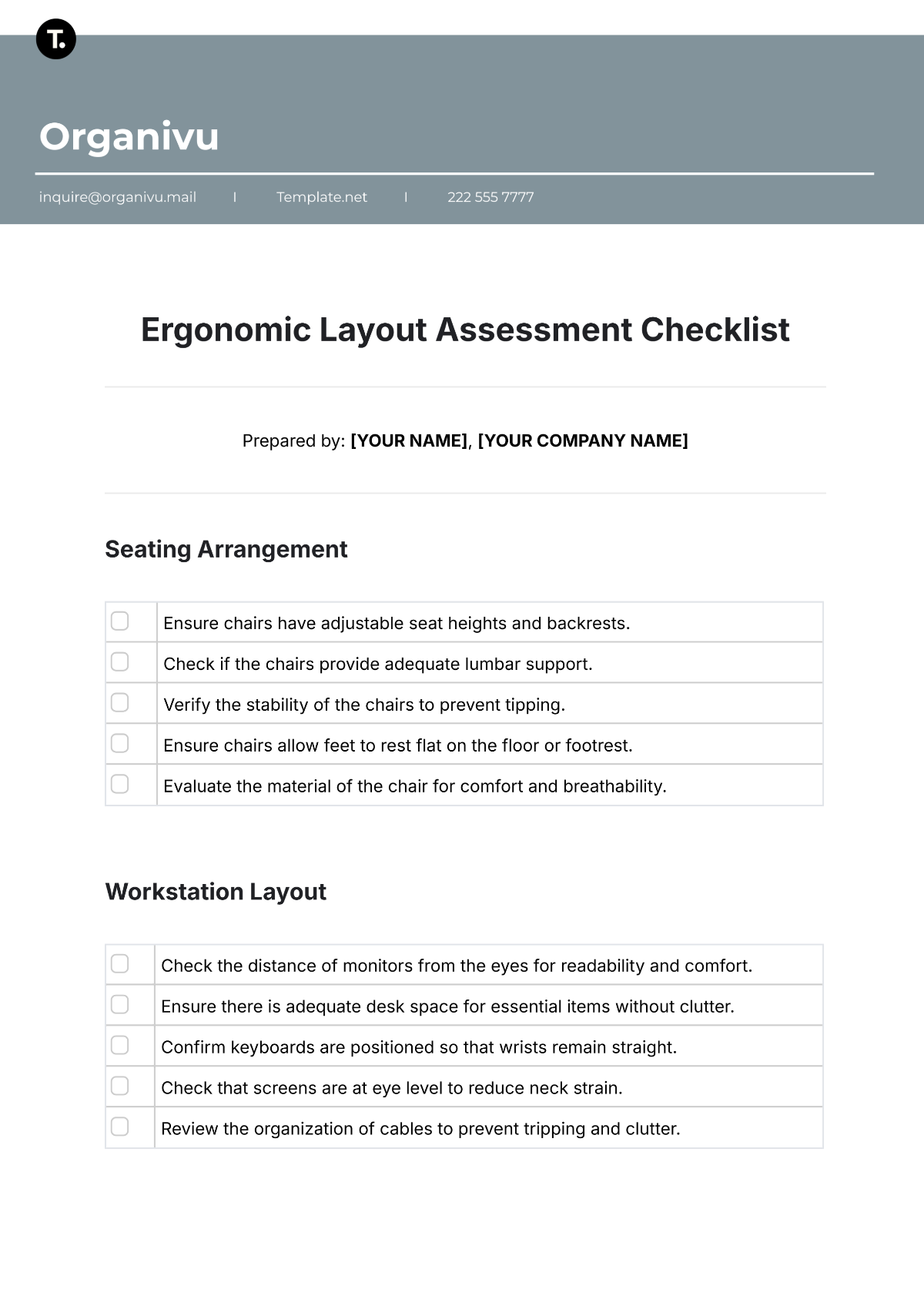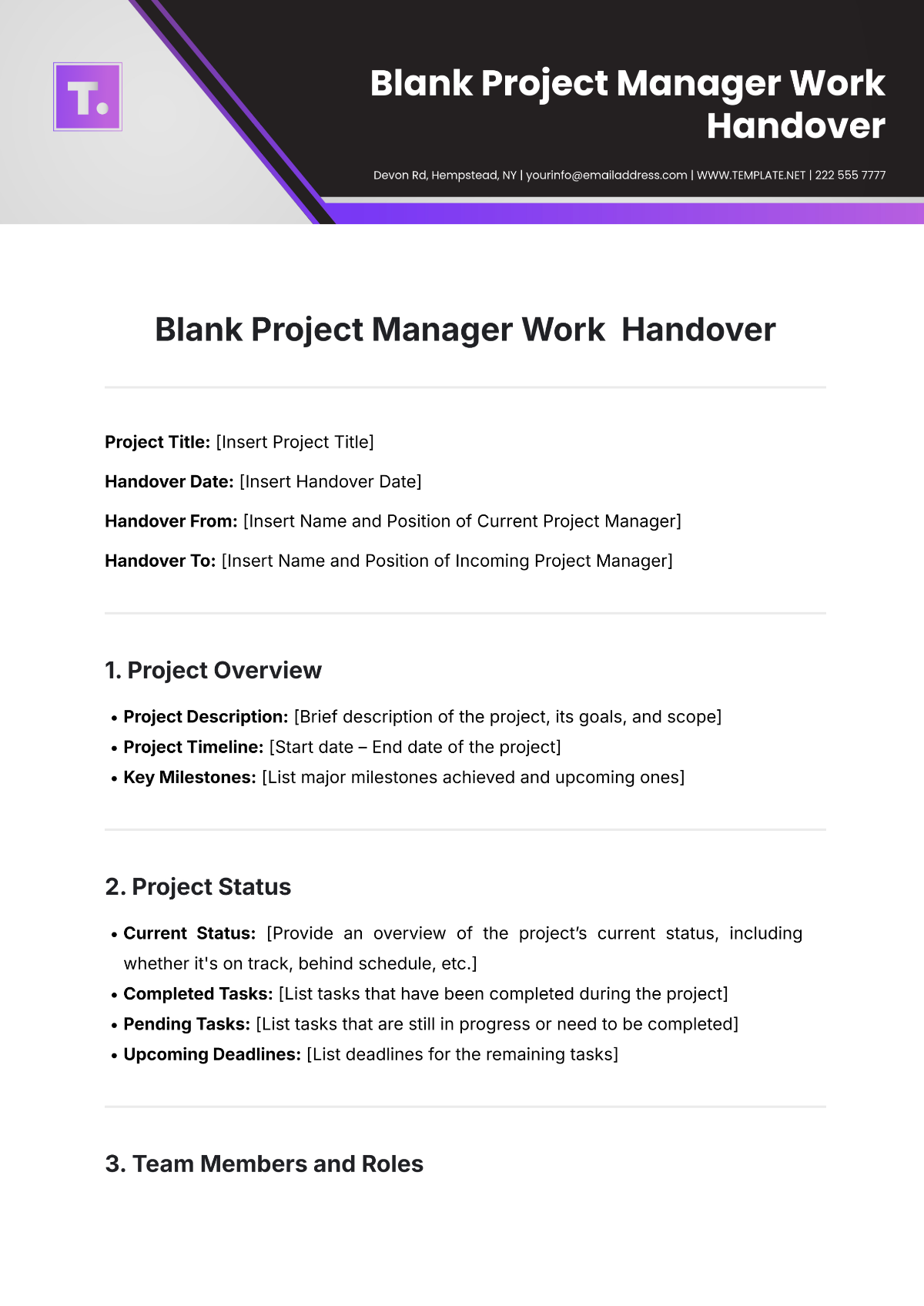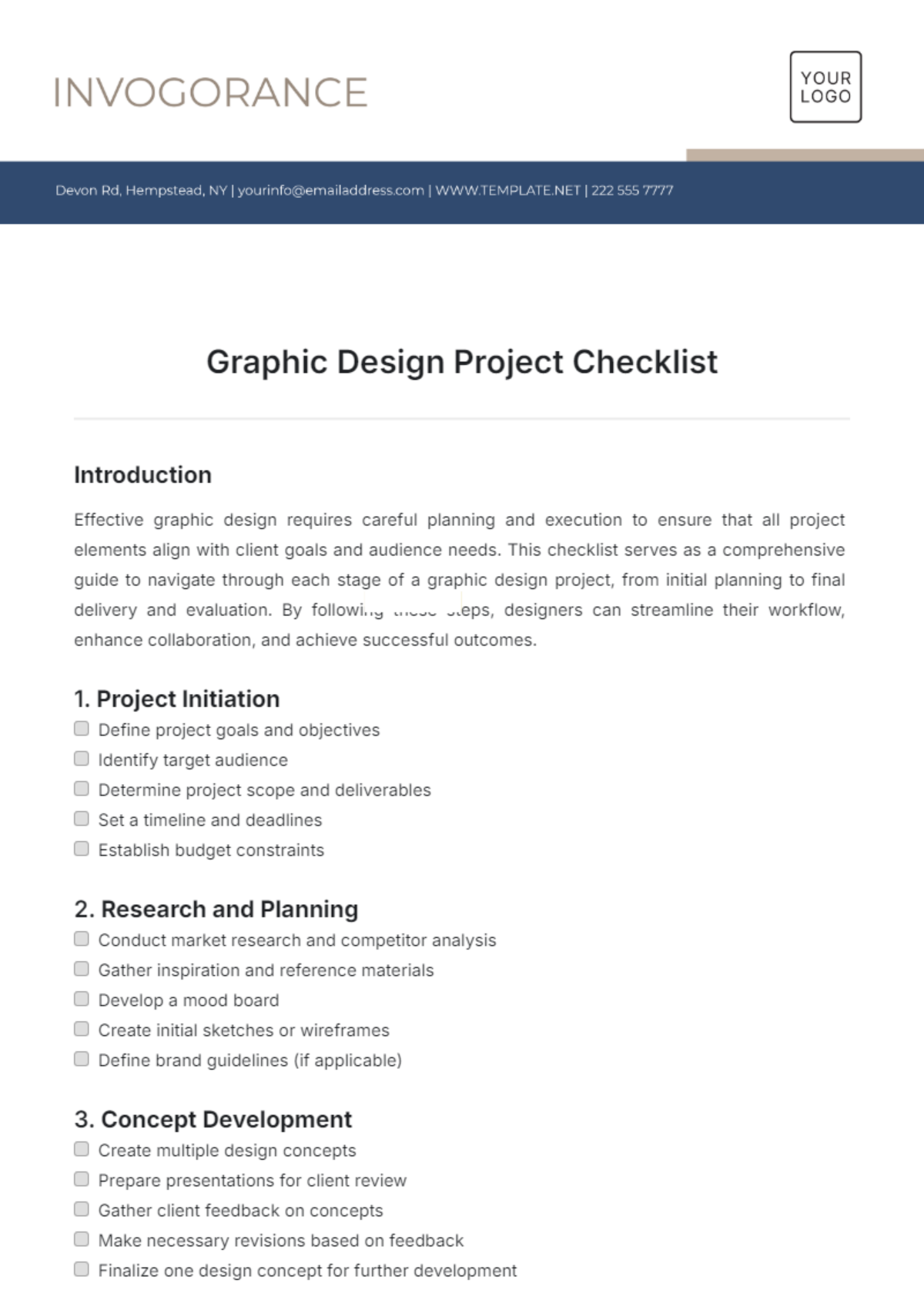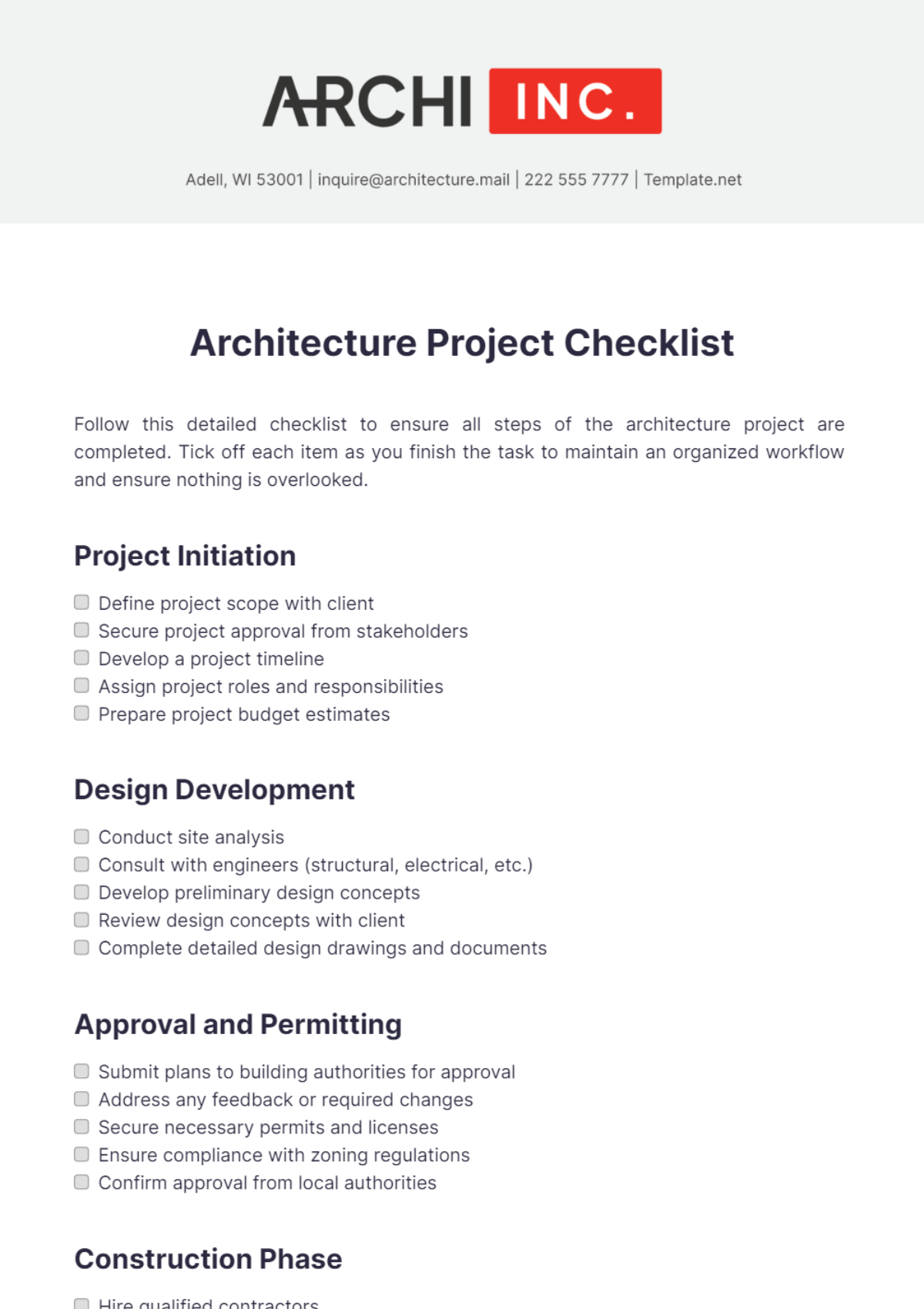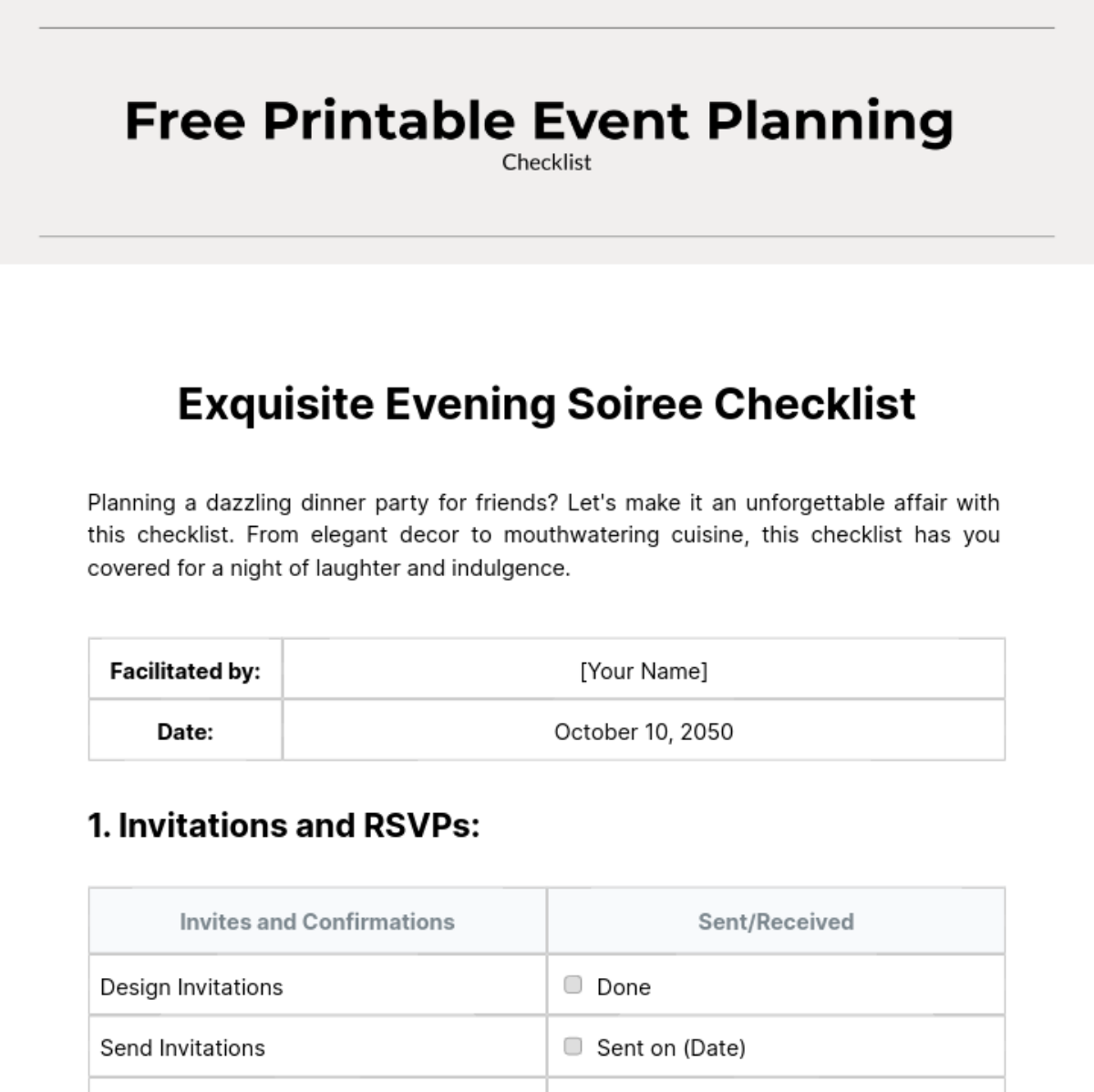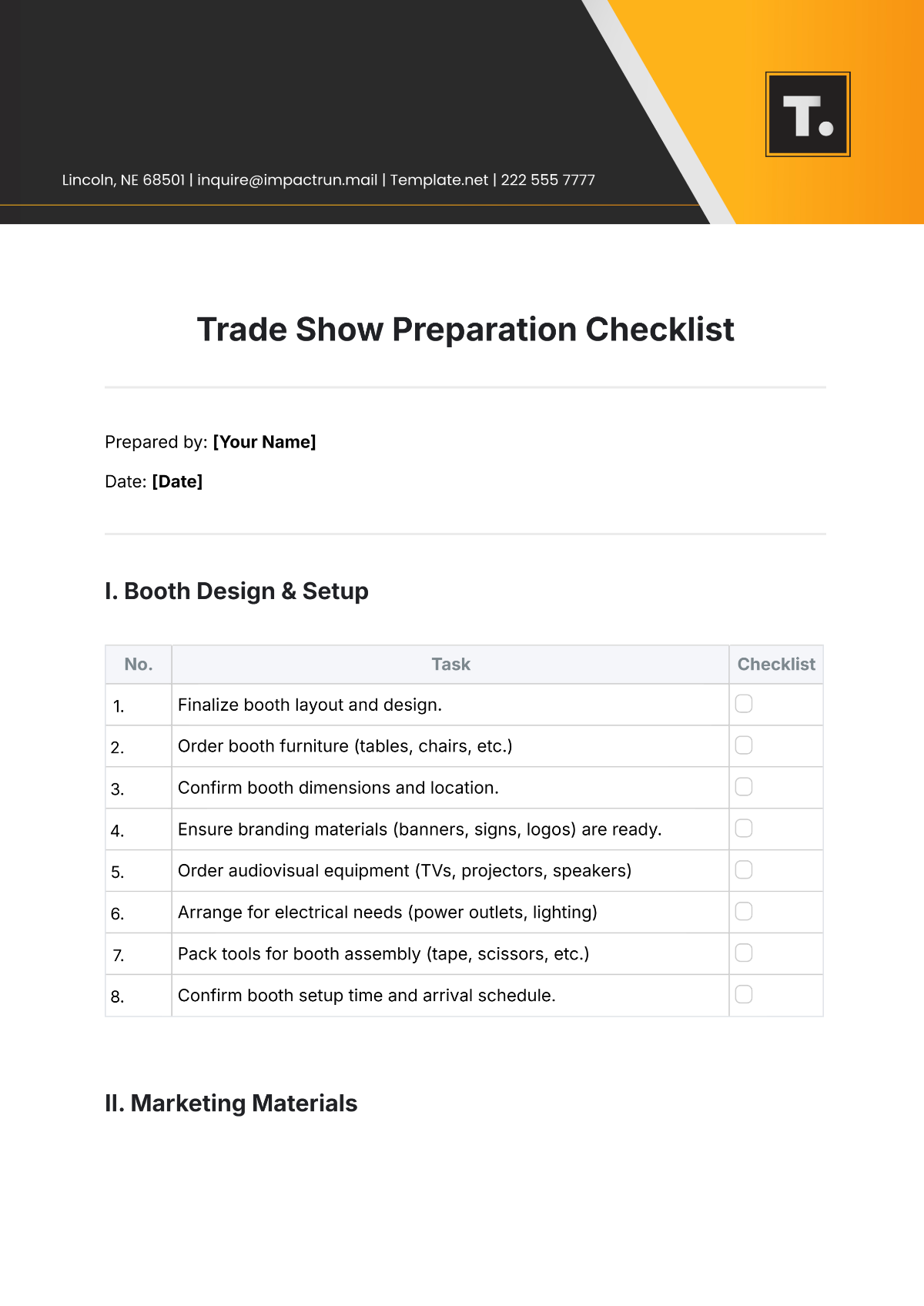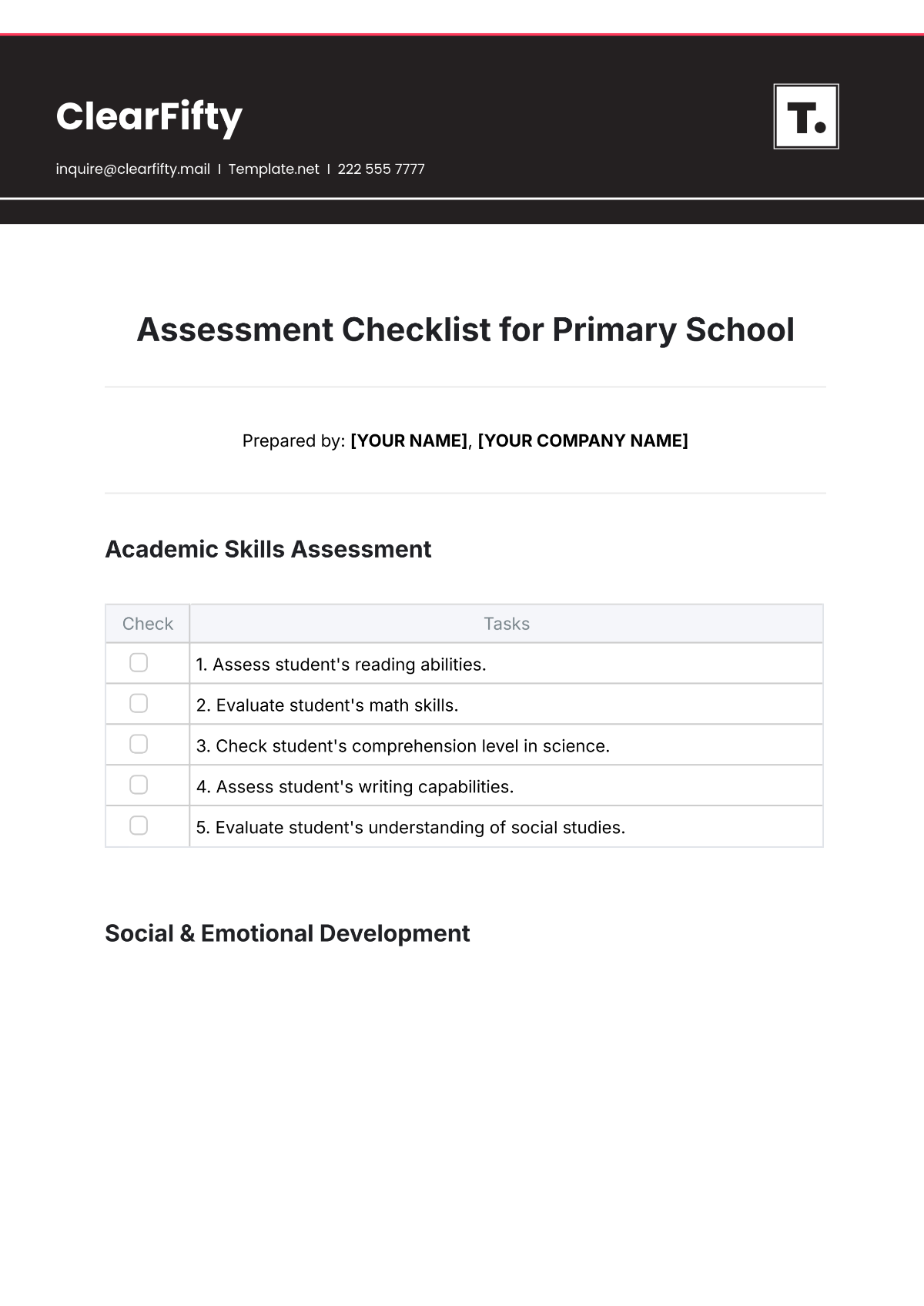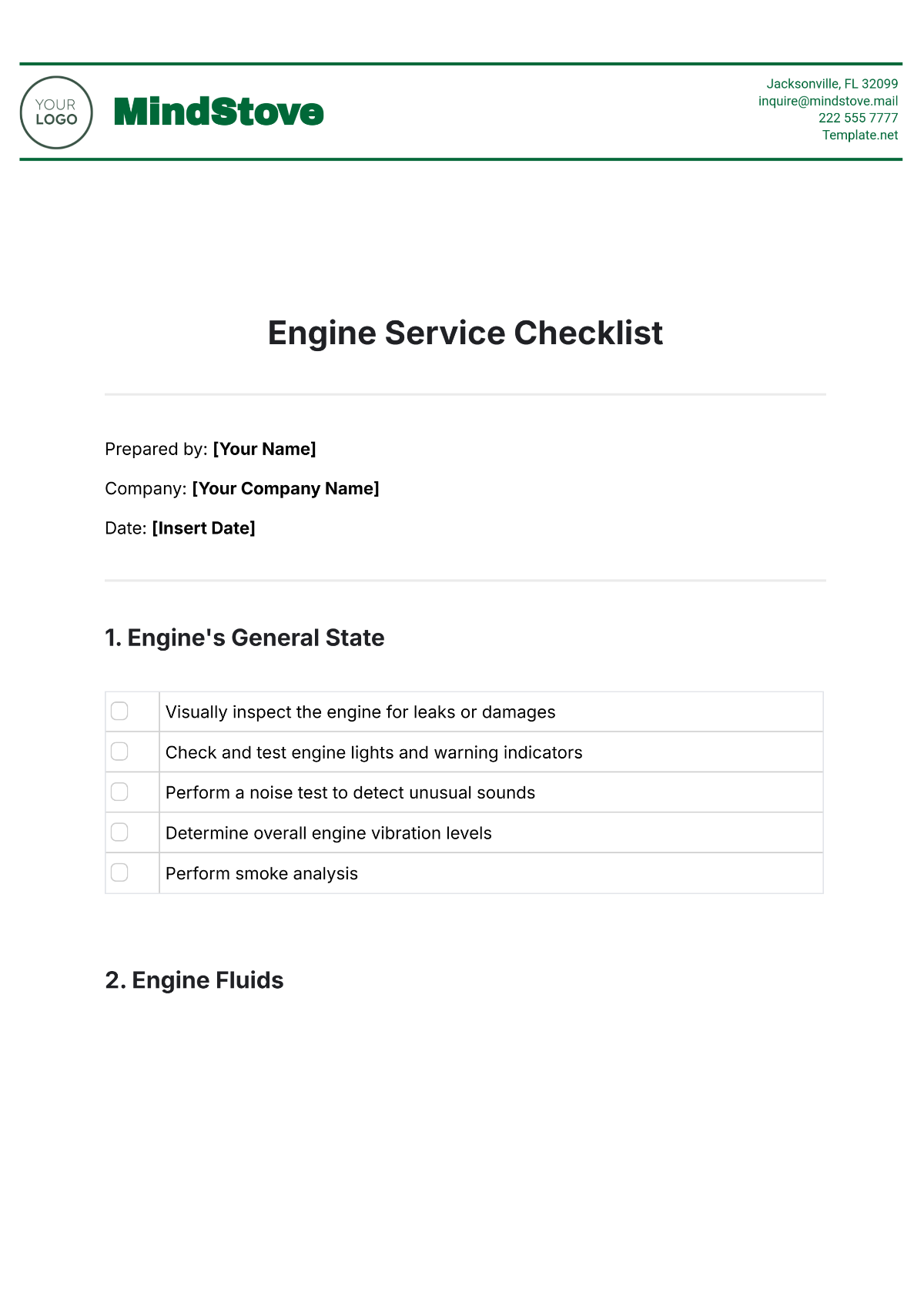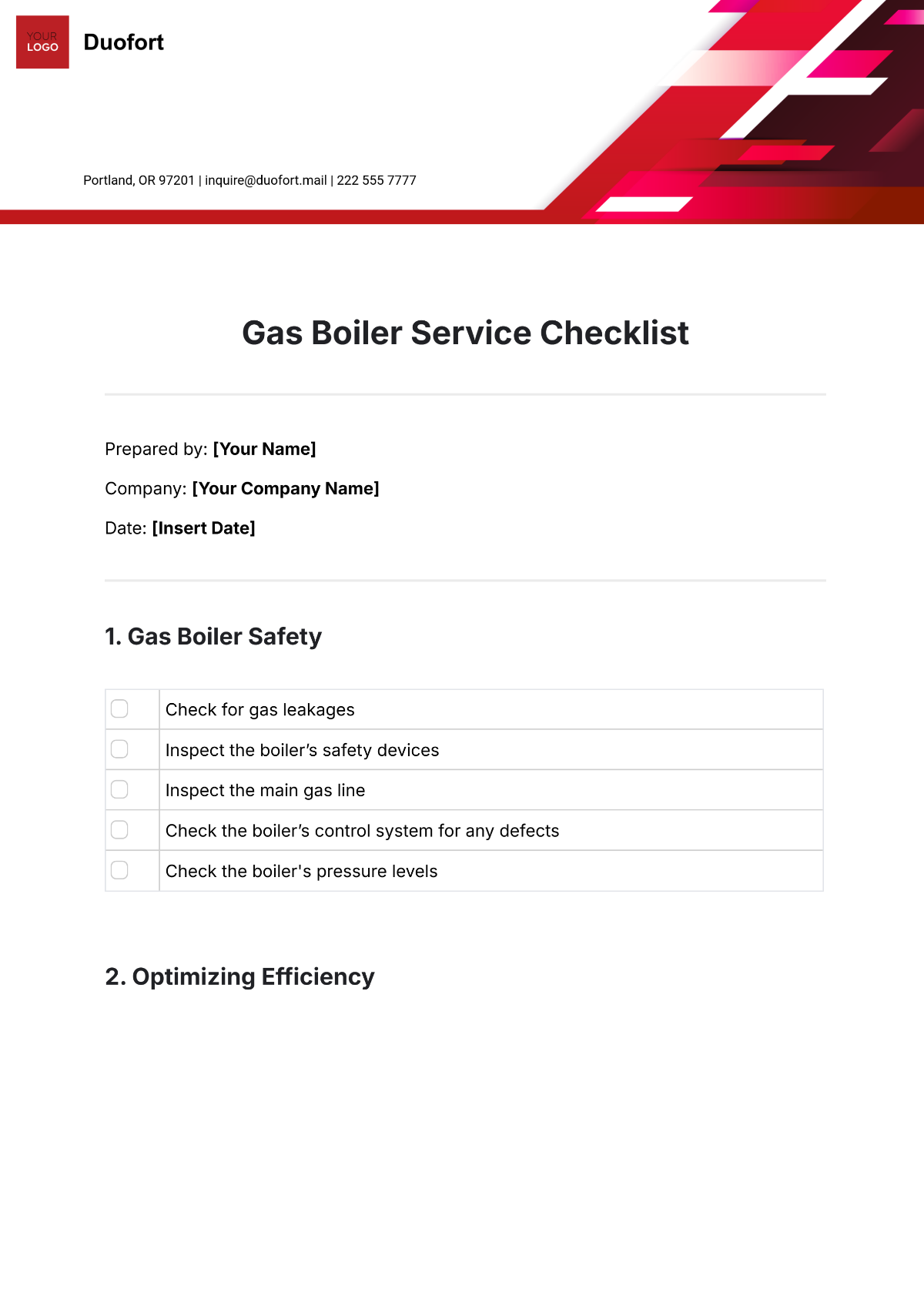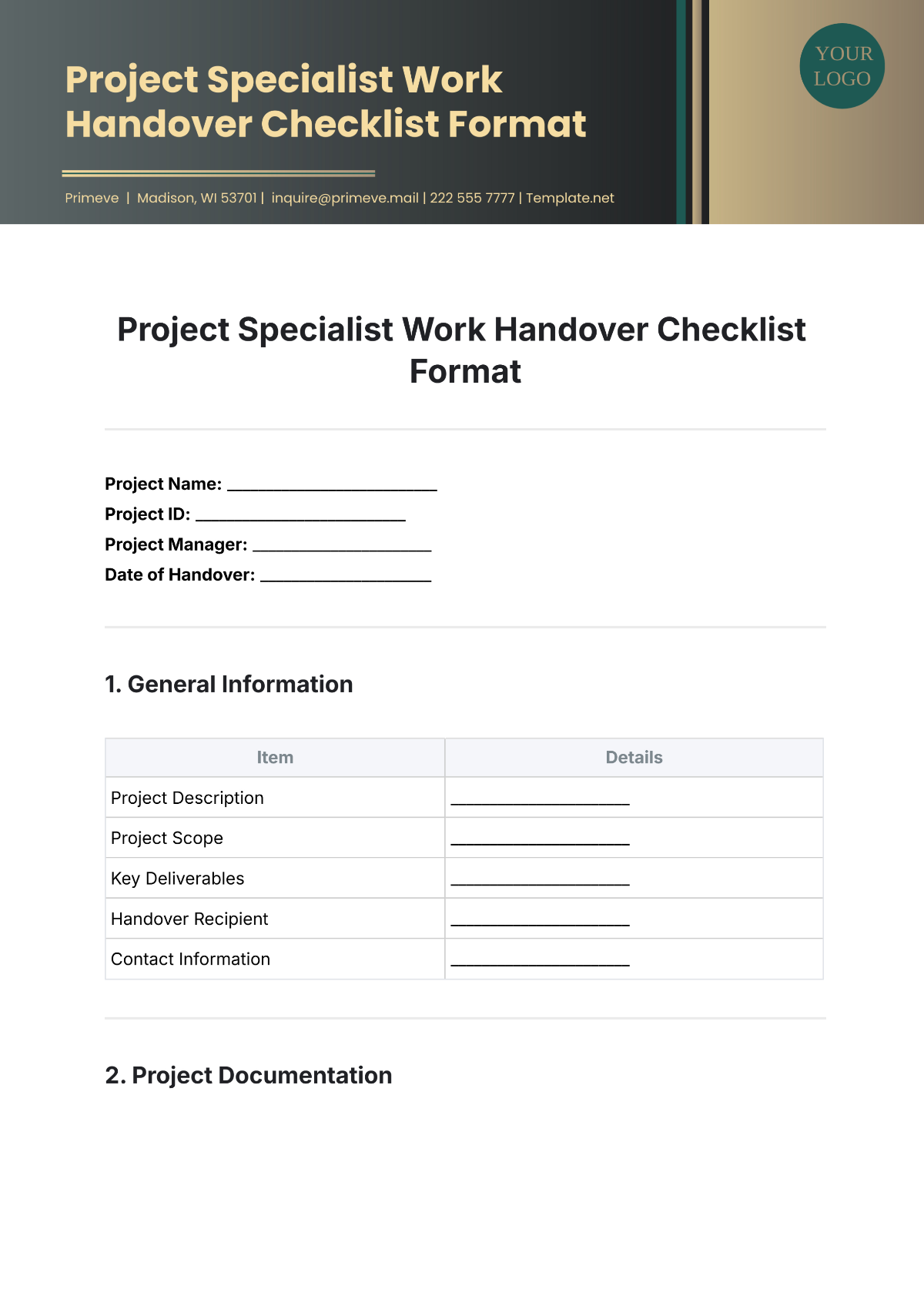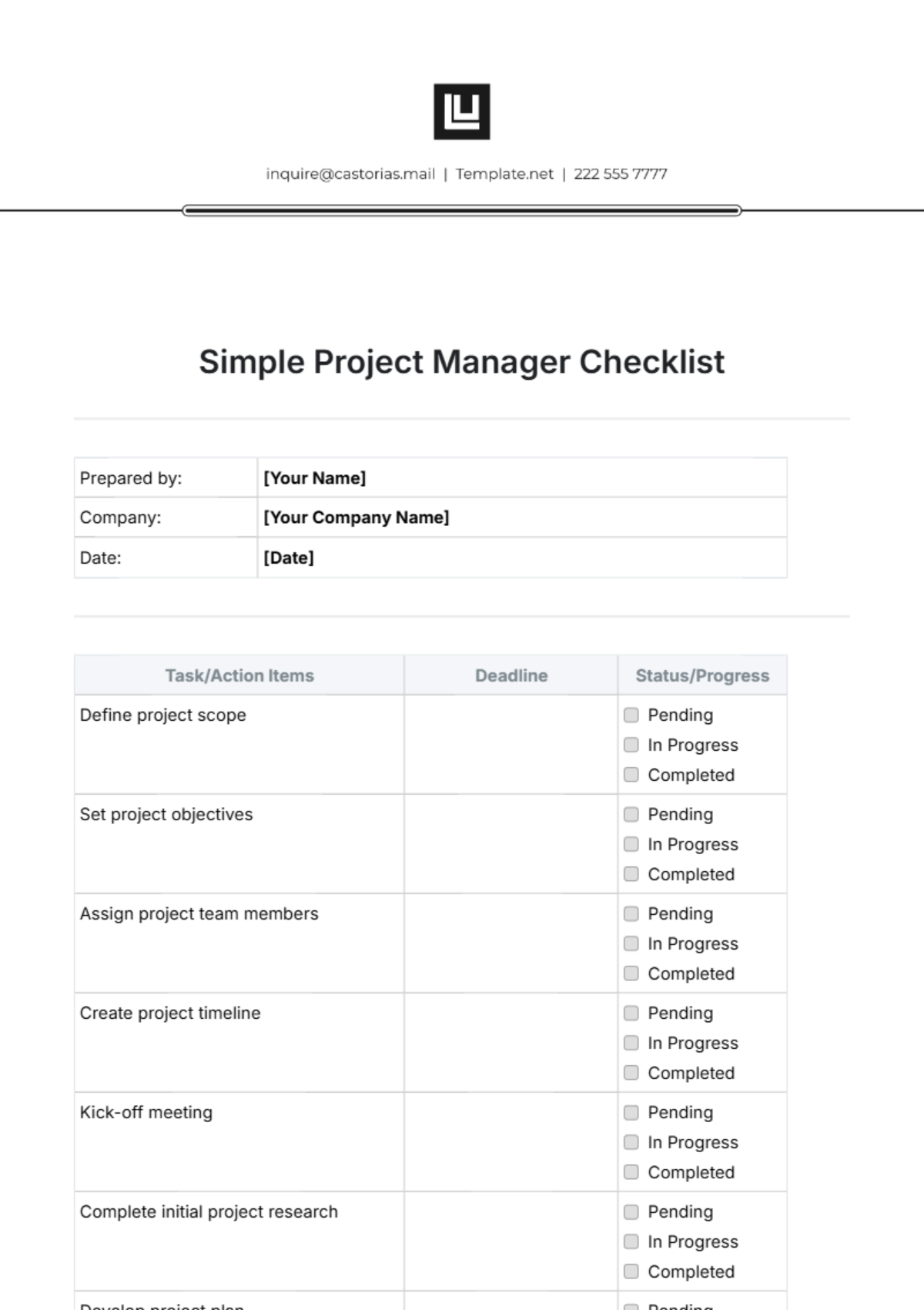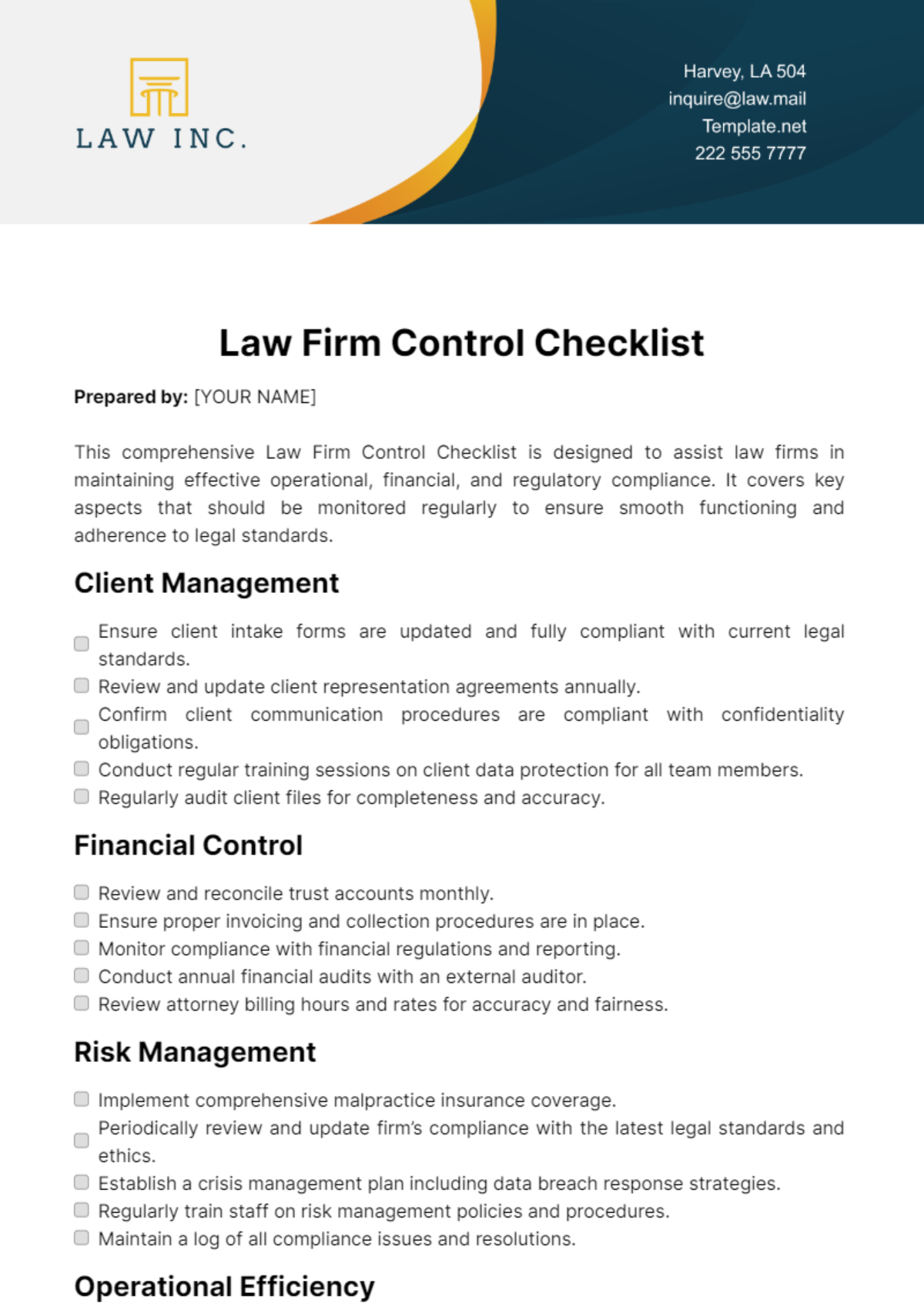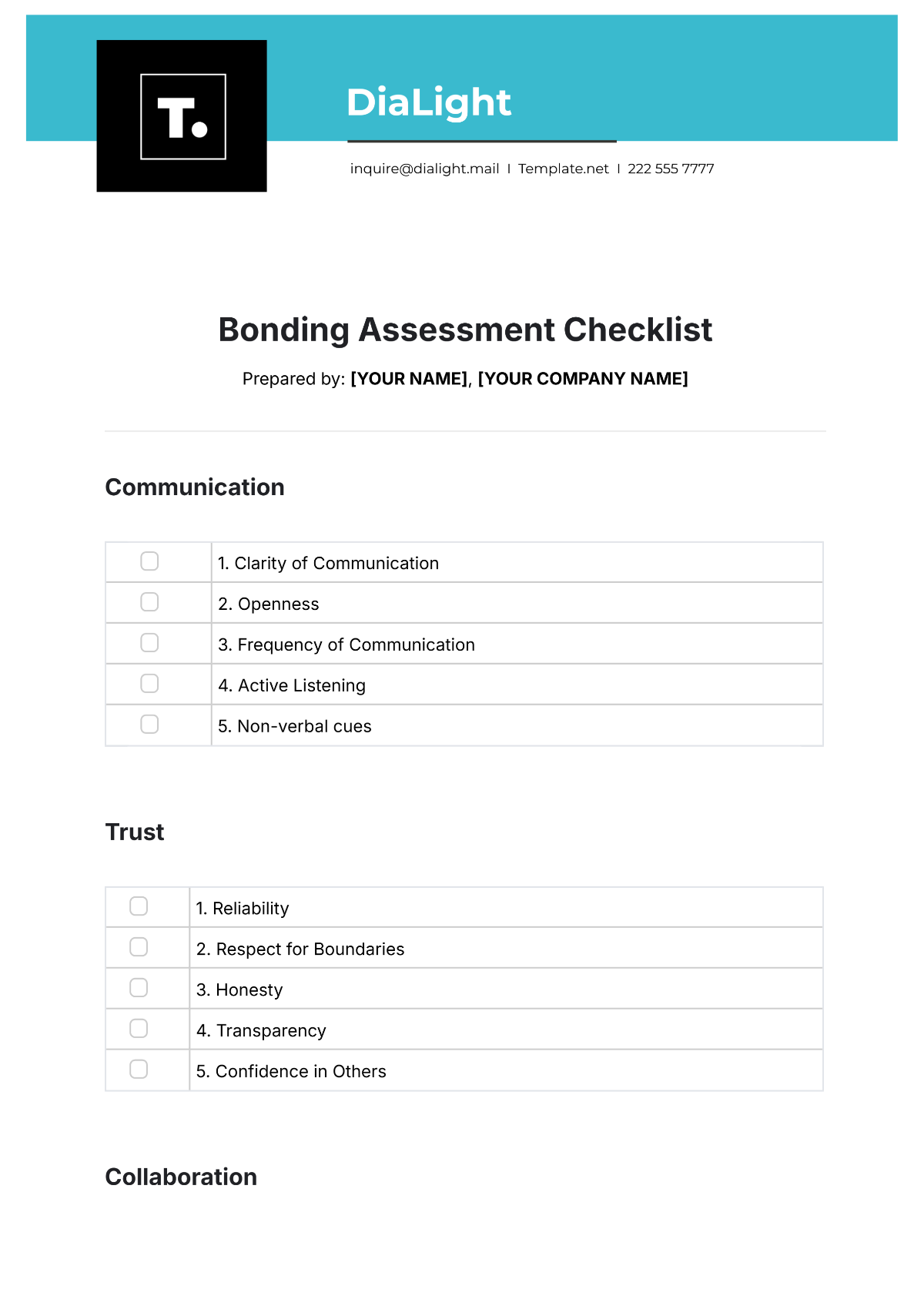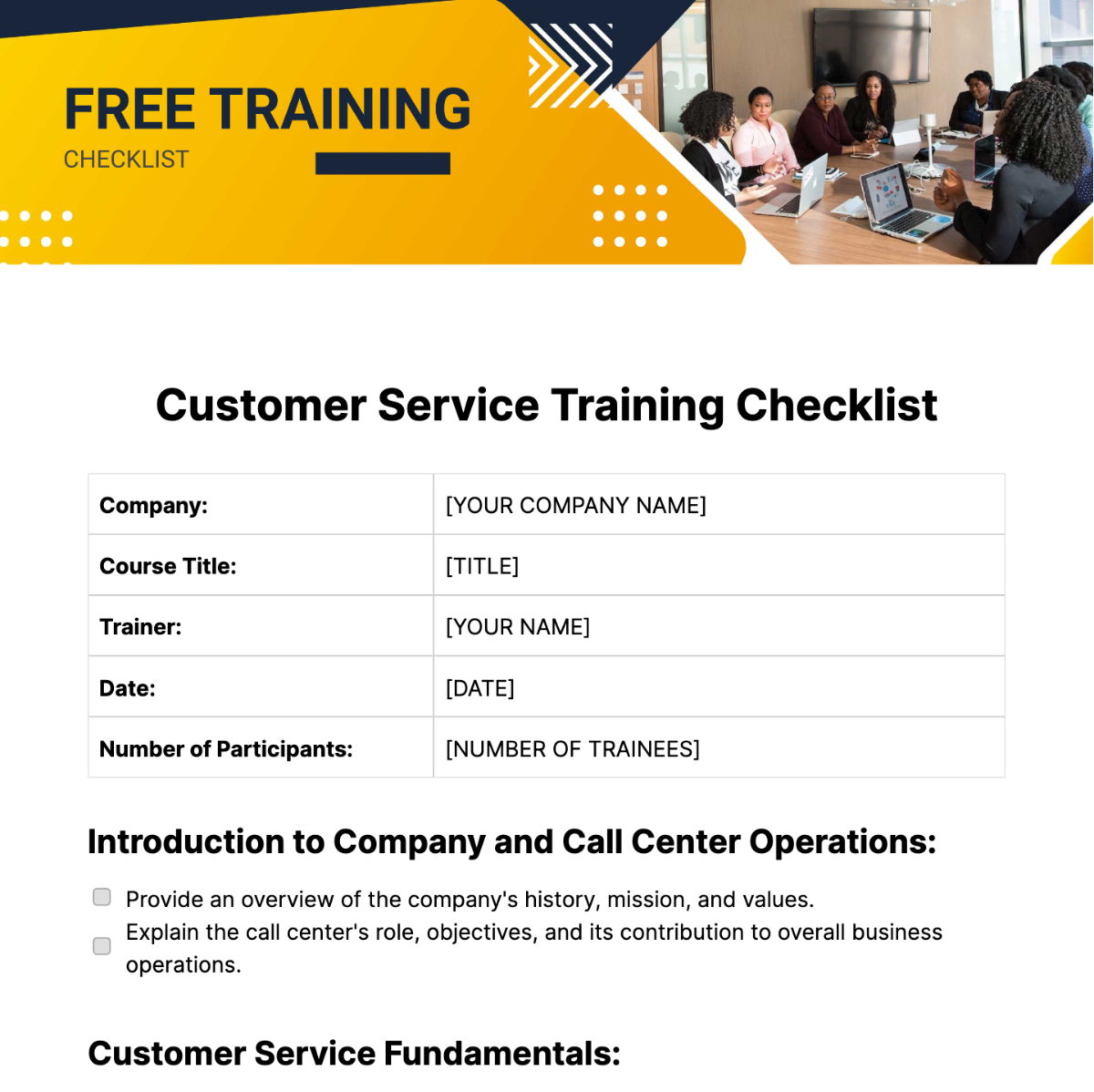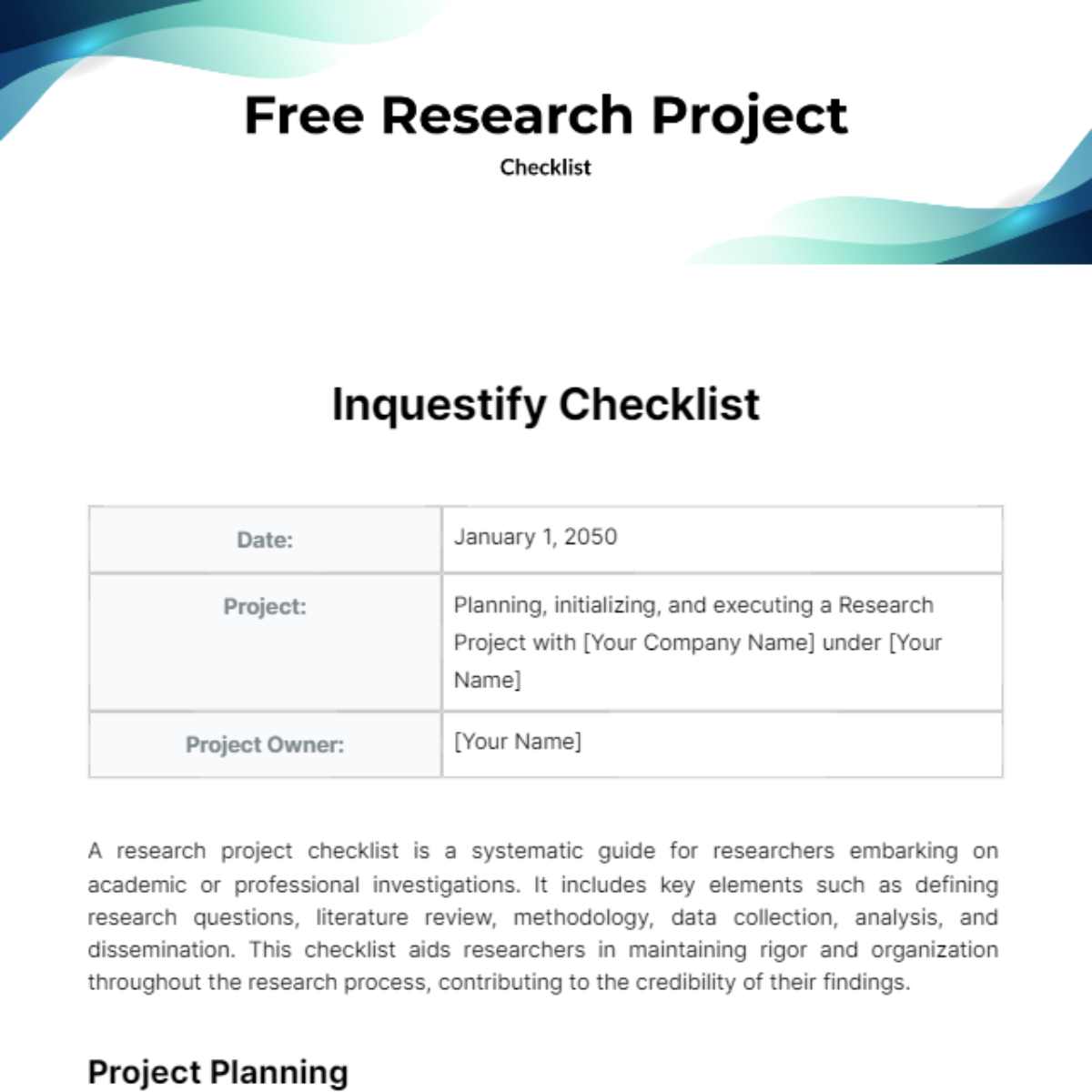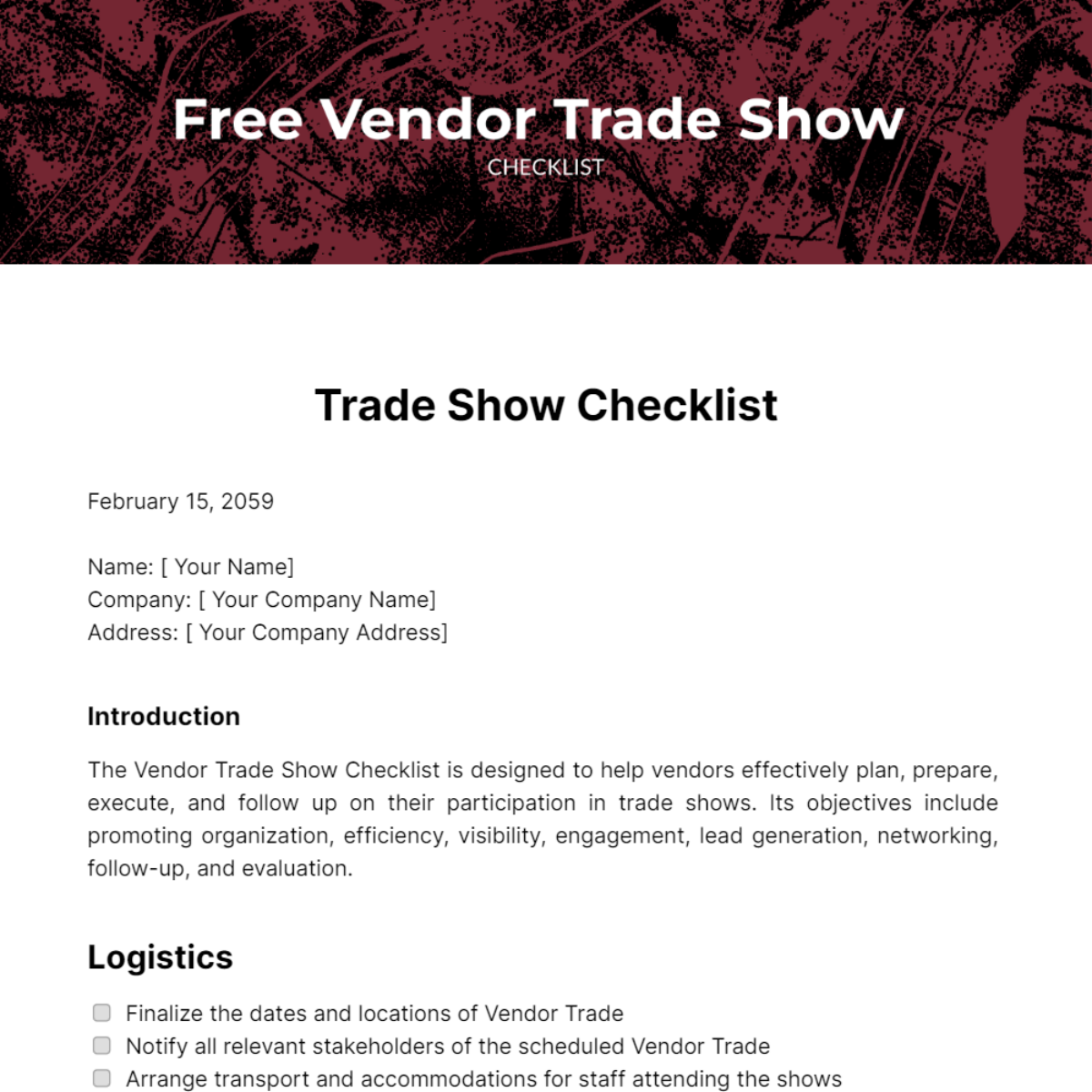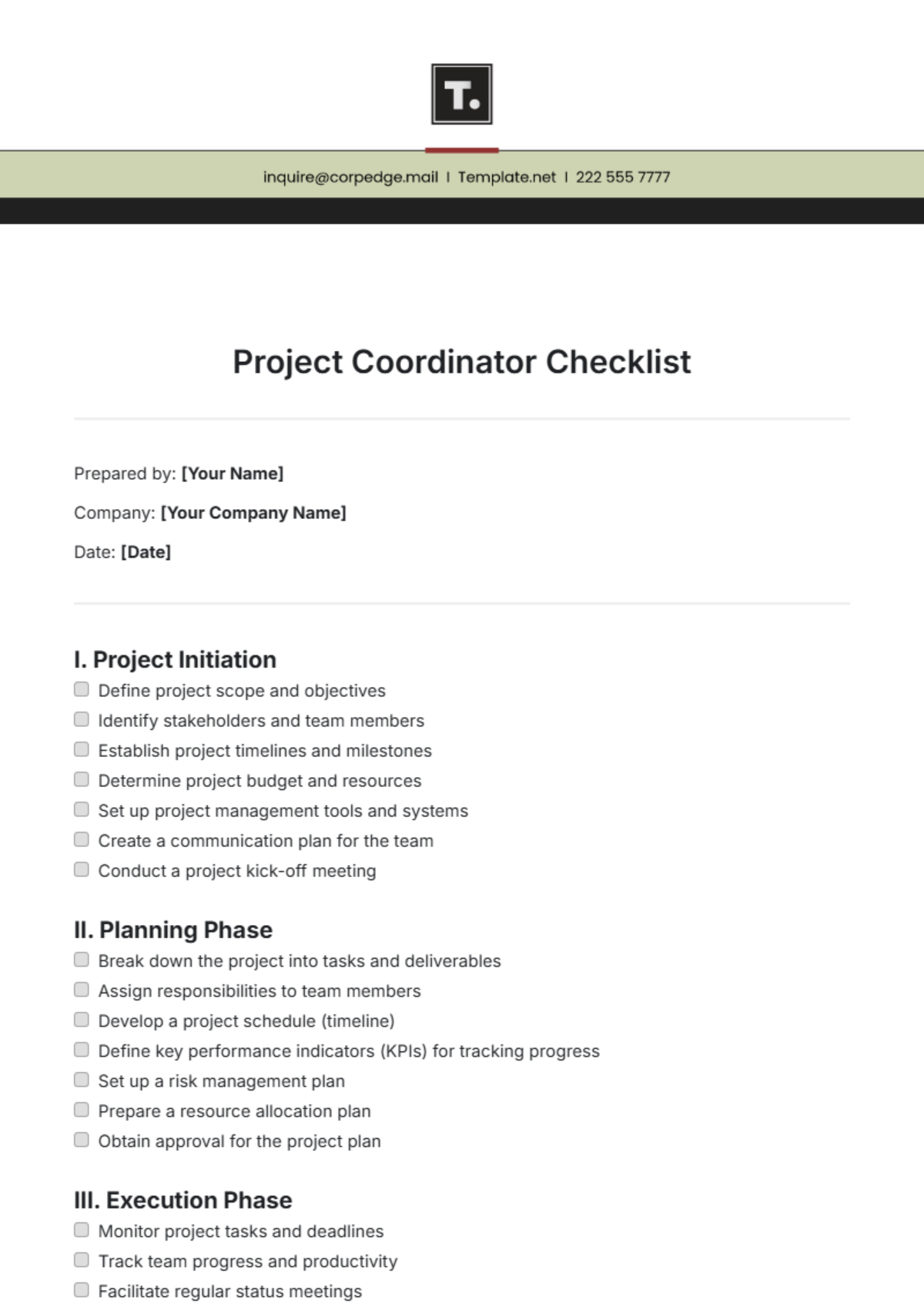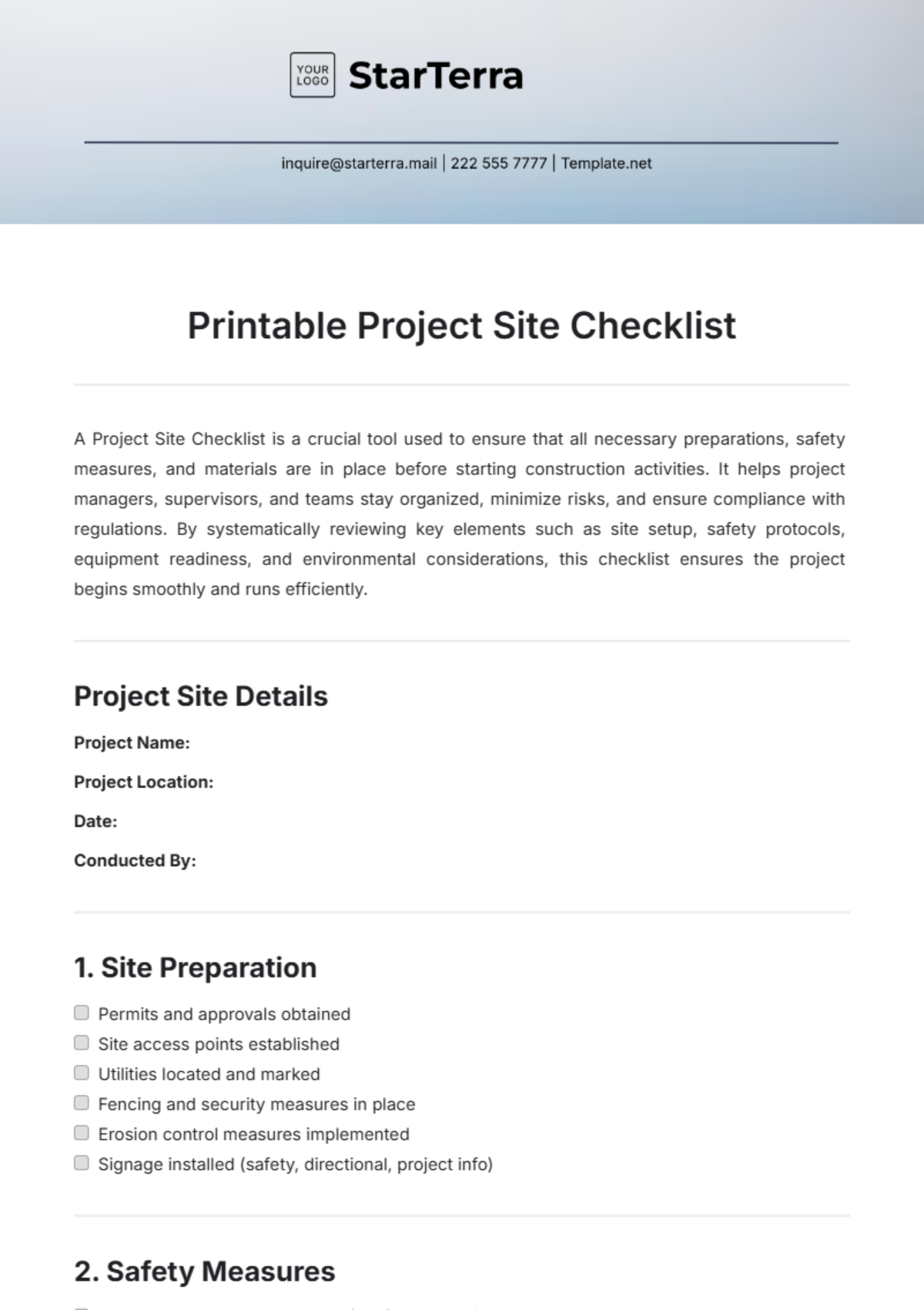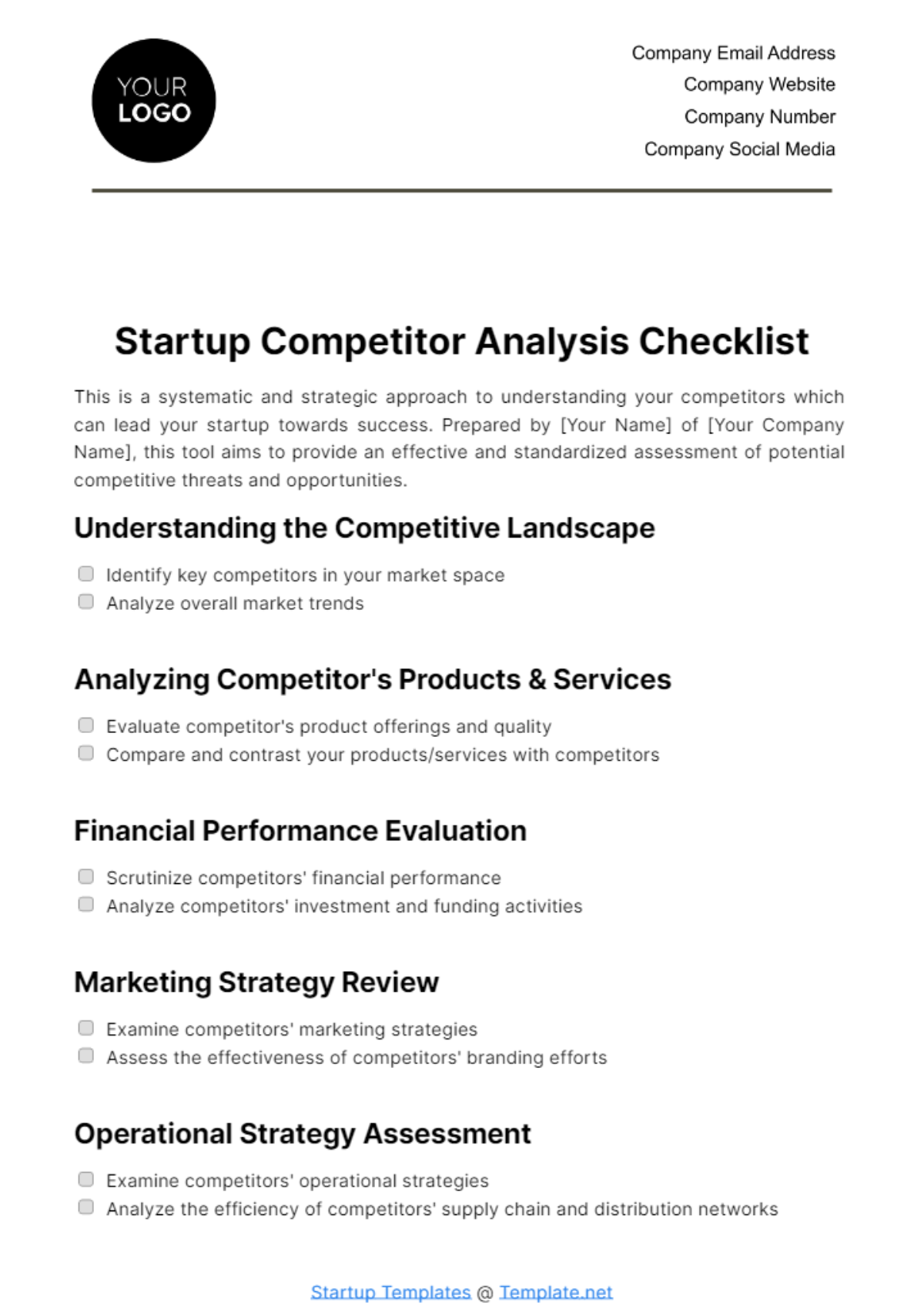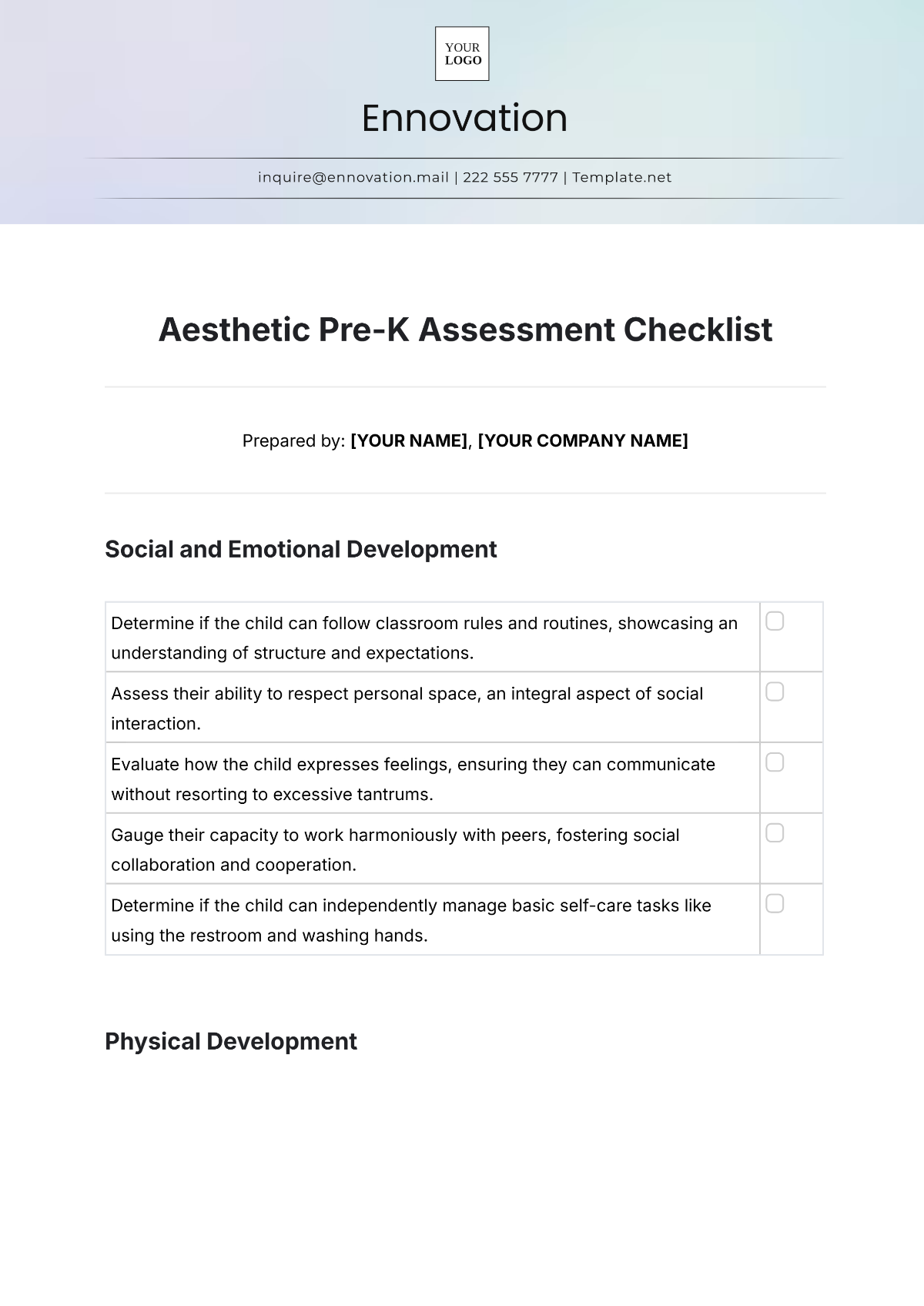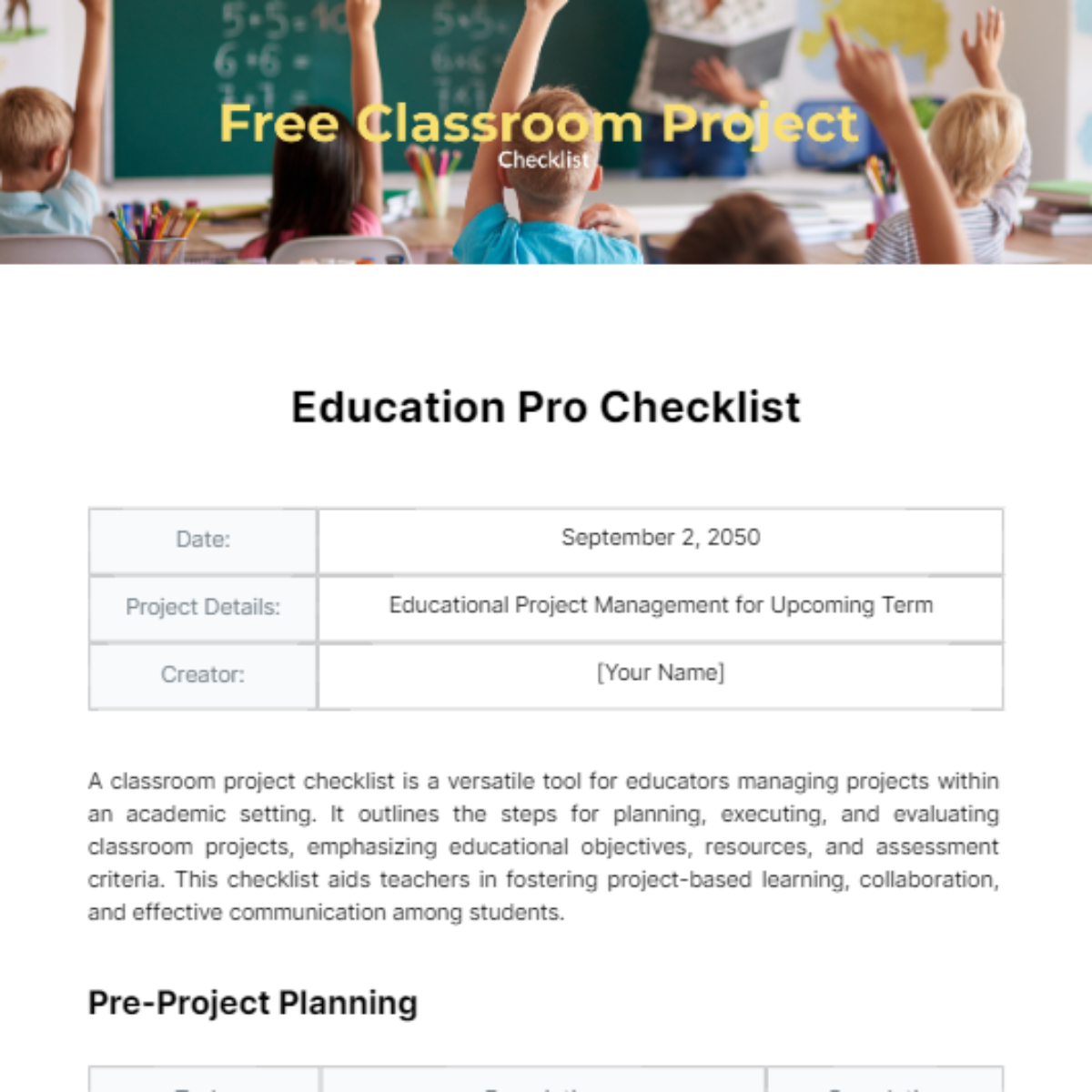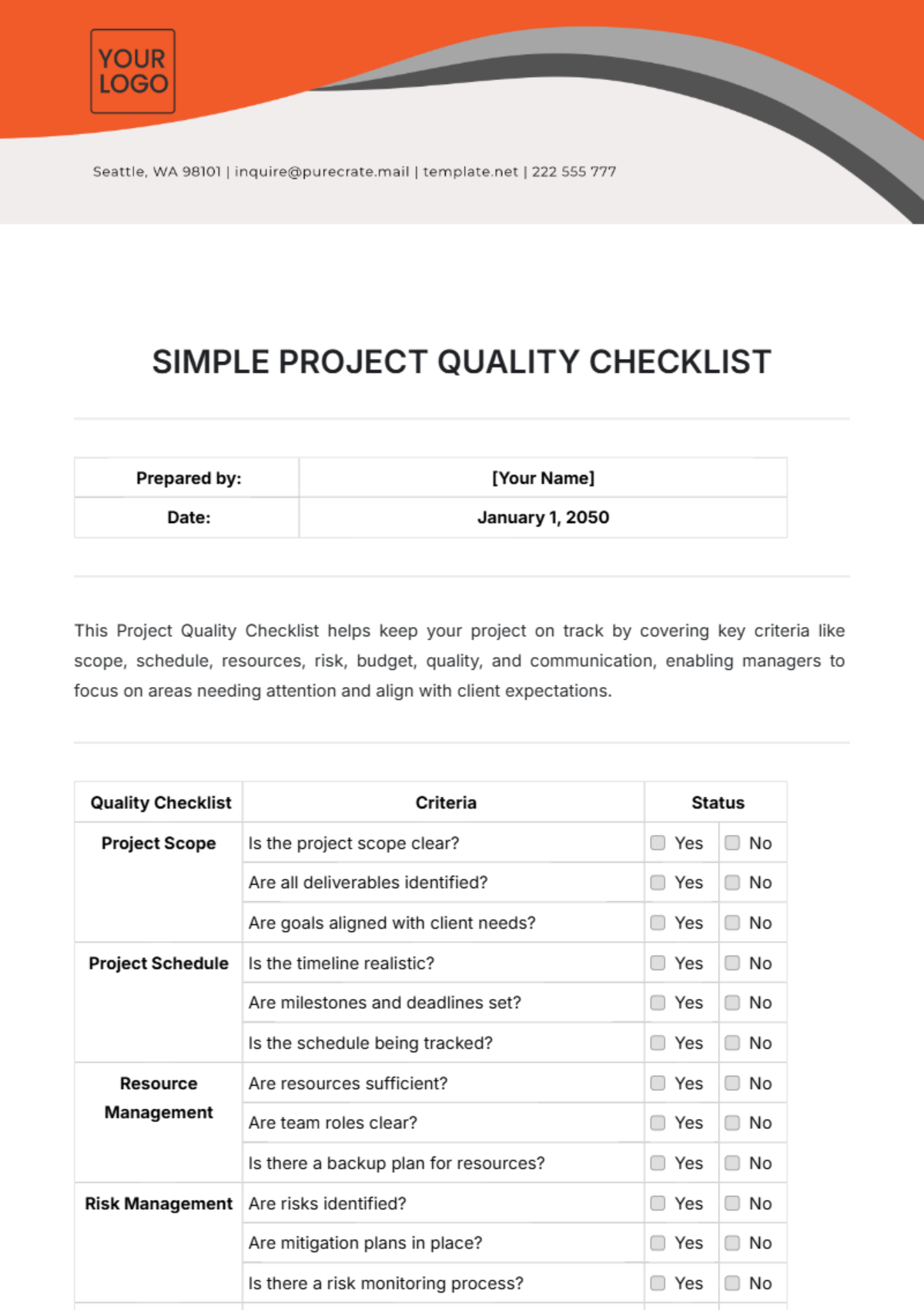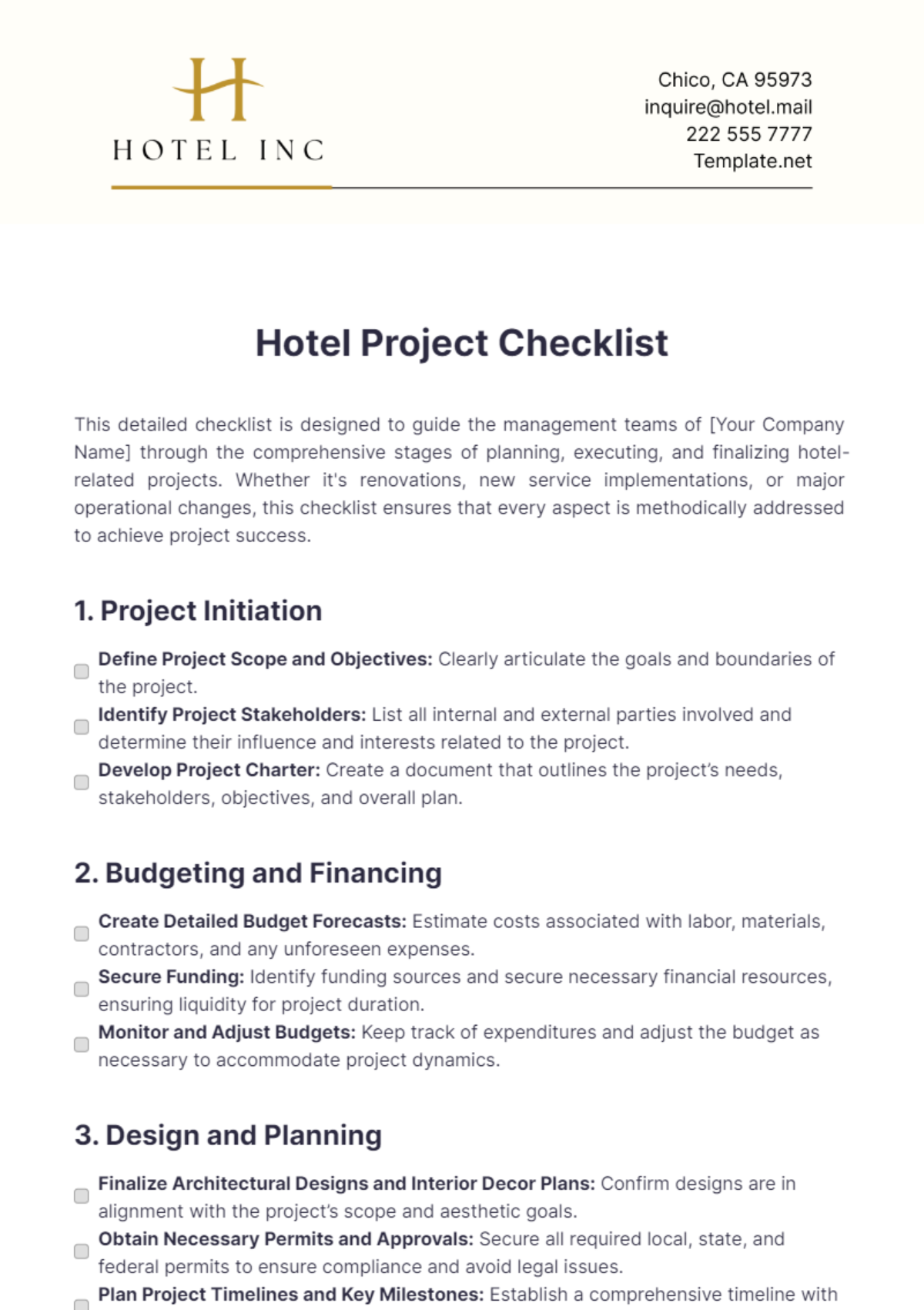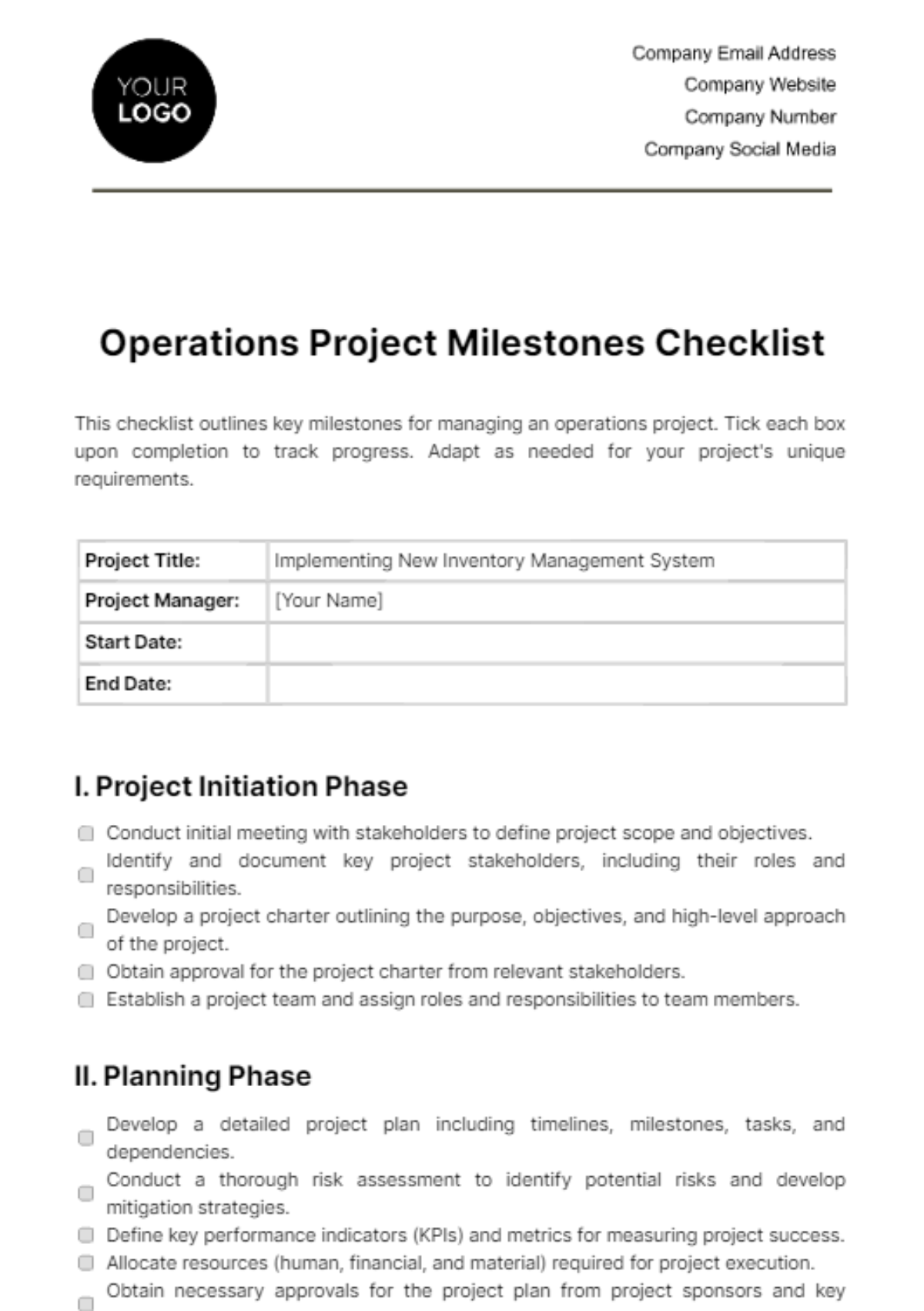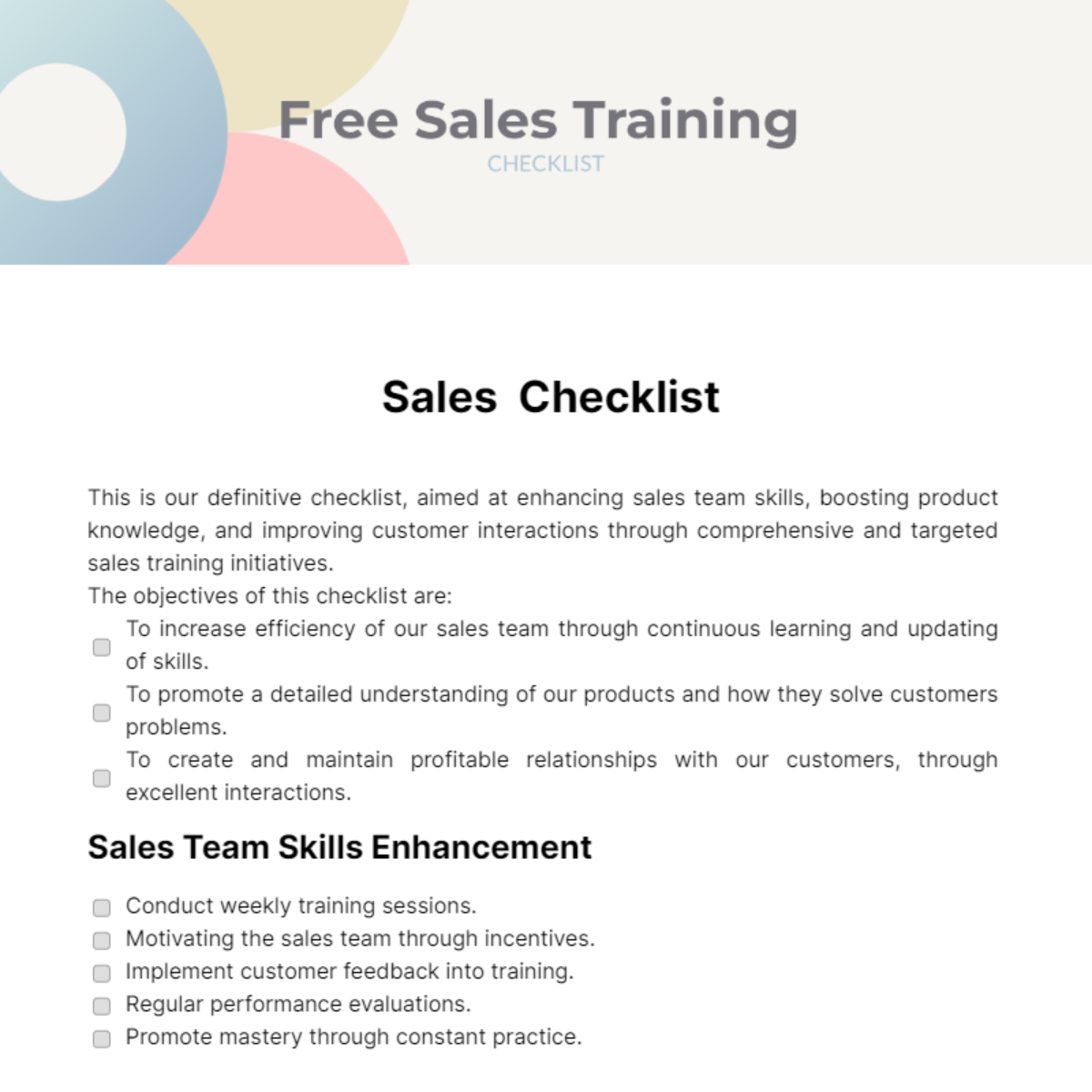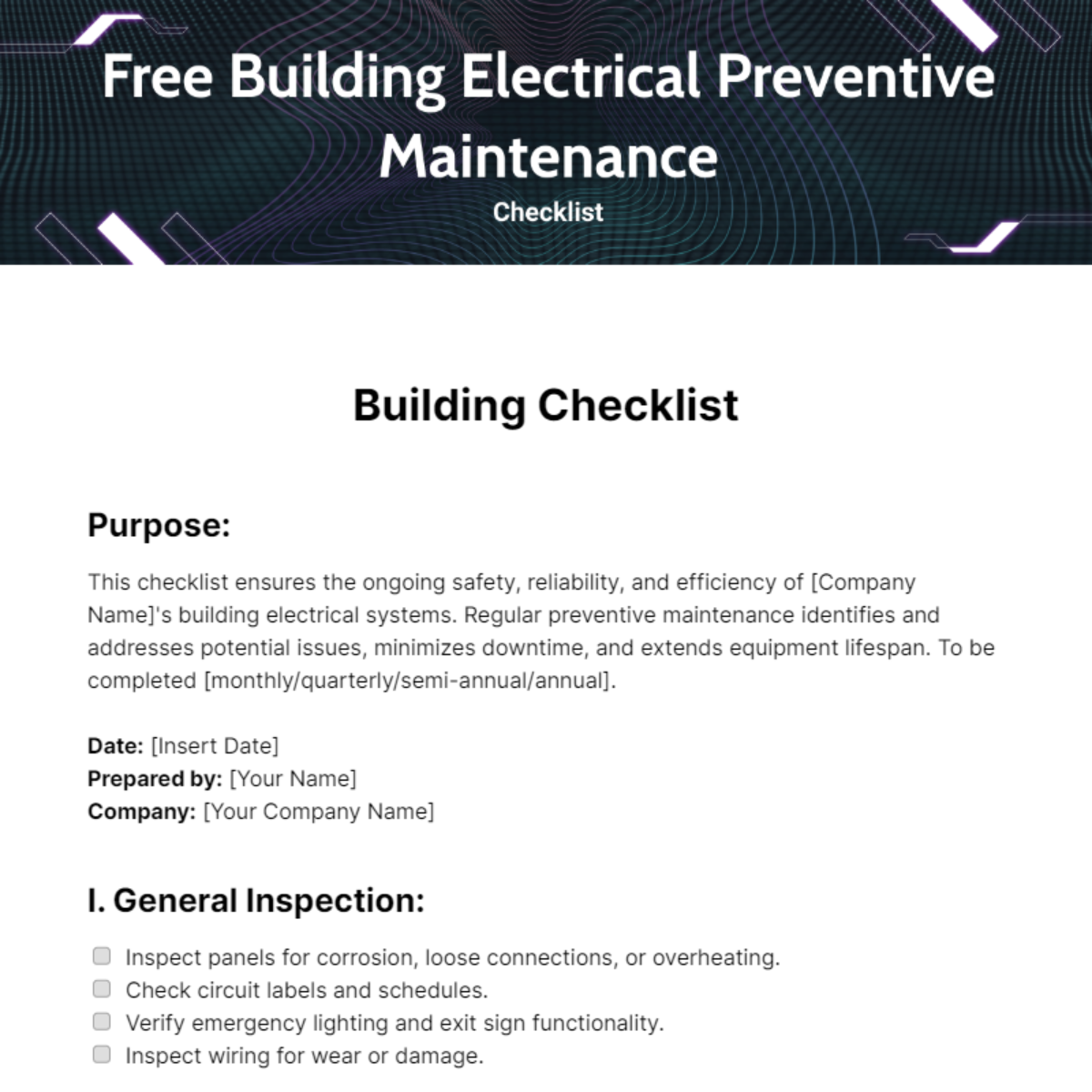Free Ergonomic Layout Assessment Checklist Star this template Unstar this template Share to Social Media
Free Edit this free template No sign up needed
100% Customizable, free editor Access 1 Million+ Templates, photo’s & graphics Download or share as a template Click and replace photos, graphics, text, backgrounds Resize, crop, AI write & more Access advanced editor Revolutionize workplace ergonomics using this Ergonomic Assessment Checklist Template available at Template.net. Seamlessly editable and customizable, this template allows you to tailor every detail to fit your specific needs. Experience the ease of editing with our exclusive AI Editor Tool, ensuring a perfect ergonomic environment for any workspace. Download today!
You may also like
Ergonomic Layout Assessment Checklist Prepared by: [YOUR NAME] , [YOUR COMPANY NAME]
Seating Arrangement Ensure chairs have adjustable seat heights and backrests.
Check if the chairs provide adequate lumbar support.
Verify the stability of the chairs to prevent tipping.
Ensure chairs allow feet to rest flat on the floor or footrest.
Evaluate the material of the chair for comfort and breathability.
Workstation Layout Check the distance of monitors from the eyes for readability and comfort.
Ensure there is adequate desk space for essential items without clutter.
Confirm keyboards are positioned so that wrists remain straight.
Check that screens are at eye level to reduce neck strain.
Review the organization of cables to prevent tripping and clutter.
Lighting Conditions Assess natural lighting and its effect on glare and eye strain.
Ensure artificial lighting is sufficient and not overly harsh.
Verify that task lighting is available for detailed work.
Check for adjustable lighting controls to optimize comfort.
Evaluate the placement of light sources to avoid direct glare on screens.
Environmental Factors Examine room temperature and ventilation for comfort.
Check noise levels and ensure they are not disruptive.
Ensure there is adequate access to clean air or air purifiers.
Ensure the presence of plants or other elements that improve air quality.
Review any ergonomic complaints related to environmental conditions.
Movement and Accessibility Assess the workspace for unobstructed pathways and walkways.
Check for the availability of standing desks or alternatives.
Evaluate the ease of movement for reaching equipment and tools.
Ensure there is space for emergency egress and accessibility provisions.
Review access to frequently used items without overreaching.
Technology and Equipment Verify that monitors are flicker-free and have adjustable brightness settings.
Check for adjustable monitor arms for optimal positioning.
Ensure the availability of ergonomic keyboards and mice.
Confirm proper placement of telephone or communication devices.
Review the setup and ergonomics of any additional equipment used.
Checklist Templates @ Template.net
